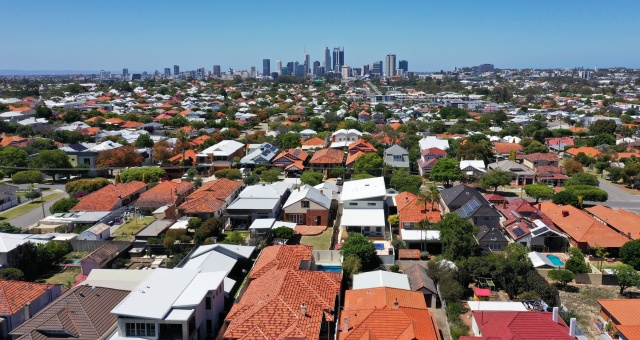Proposals including a cap on nights booked in unhosted short-term rental accommodation is one of a number of recommendations open for consultation by the Western Australia state government as part of a new draft planning policy.
The proposed cap would see privately owned dwellings used for short-term rentals require development approval if used for more than a designated number of days per calendar year to provide short-term accommodation outside the frameworks of a traditional property lease. Properties used for more than the allotted number of days will be considered ‘used for holidays’ under the proposed changes.
The new Draft Position Statement: Planning for Tourism and Guidelines report aims to put local councils in control of how private units, apartments and homes within their jurisdictions could be offered and operated for short-term rentals on website such as Airbnb and other home-share platforms.

Comment is being sought from local councils on whether owners of such properties should be exempt from local planning and development laws.
Unhosted accommodation, for the purposes of the report, is defined as an owner or regular occupant who is not present when guests are staying. Individual rooms within an occupied dwelling are considered exempt from requiring development approval.
The draft planning policy is a response to a 2019 Parliamentary Inquiry, led by Jessica Shaw MLA, which recommended the adoption of a flexible, low-cost and user-friendly registration system for providers of short-term accommodation across the state.
Australian Hotels Association (WA) CEO Bradley Woods has welcomed the draft policy amendments, describing them as an important step forward for the state’s licensed accommodation industry.
“In the absence of any regulation, the explosion of short-stay properties has led to countless problems across WA,” Woods said.
“Community amenity has suffered through the rise of party-houses and illegal activity while unregulated short-stay properties have compounded the issue of housing affordability.
“The Draft Position Statement proposes a regulatory model that will allow genuine, hosted home sharing to continue, but will see proper regulation of unlicensed commercial accommodation services.”
Woods said the state’s labour shortages were more pronounced in areas where short-stay accommodation had been allowed to run rampant, preventing workers from living there due to so many properties being taken off the long-term rental market.
“Tens of thousands of Western Australian jobs are in the accommodation industry – it is no longer tenable for their jobs to be jeopardised by unregulated competitors,” Woods added.


